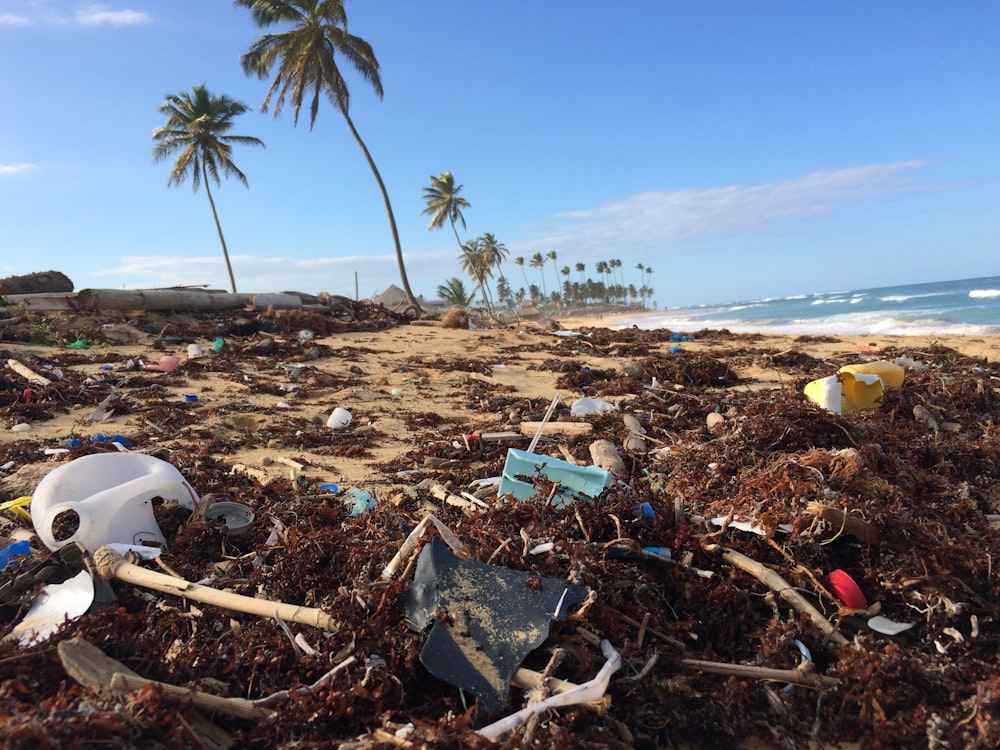via Outlook India
Terming a recent fire incident at the PVC market as the most “intense and widespread”, the fire department said, “It has been observed that the scrap is spilled outside the plots, covering almost the entire stretch of the road, and at some points, it is mixing with the scrap of other plots too. The situation is highly alarming from the fire safety point of view as it helps in propagation of fire at a rapid rate.”
The move comes after a massive fire broke out at an open godown in the PVC market in the Tikri Kalan area on July 11. According to the fire department, it took more than 200 fire-fighters over 10 hours to douse the blaze as PVC materials in huge quantities were stocked up at the spot and since the godown did not have a boundary wall, the risk of the fire spreading to the adjoining areas was high.
Read the full story here: https://www.outlookindia.com/newsscroll/activities-at-pvc-market-should-be-stopped-till-firesafety-arrangements-made-delhi-fire-service/2129182








You must be logged in to post a comment.